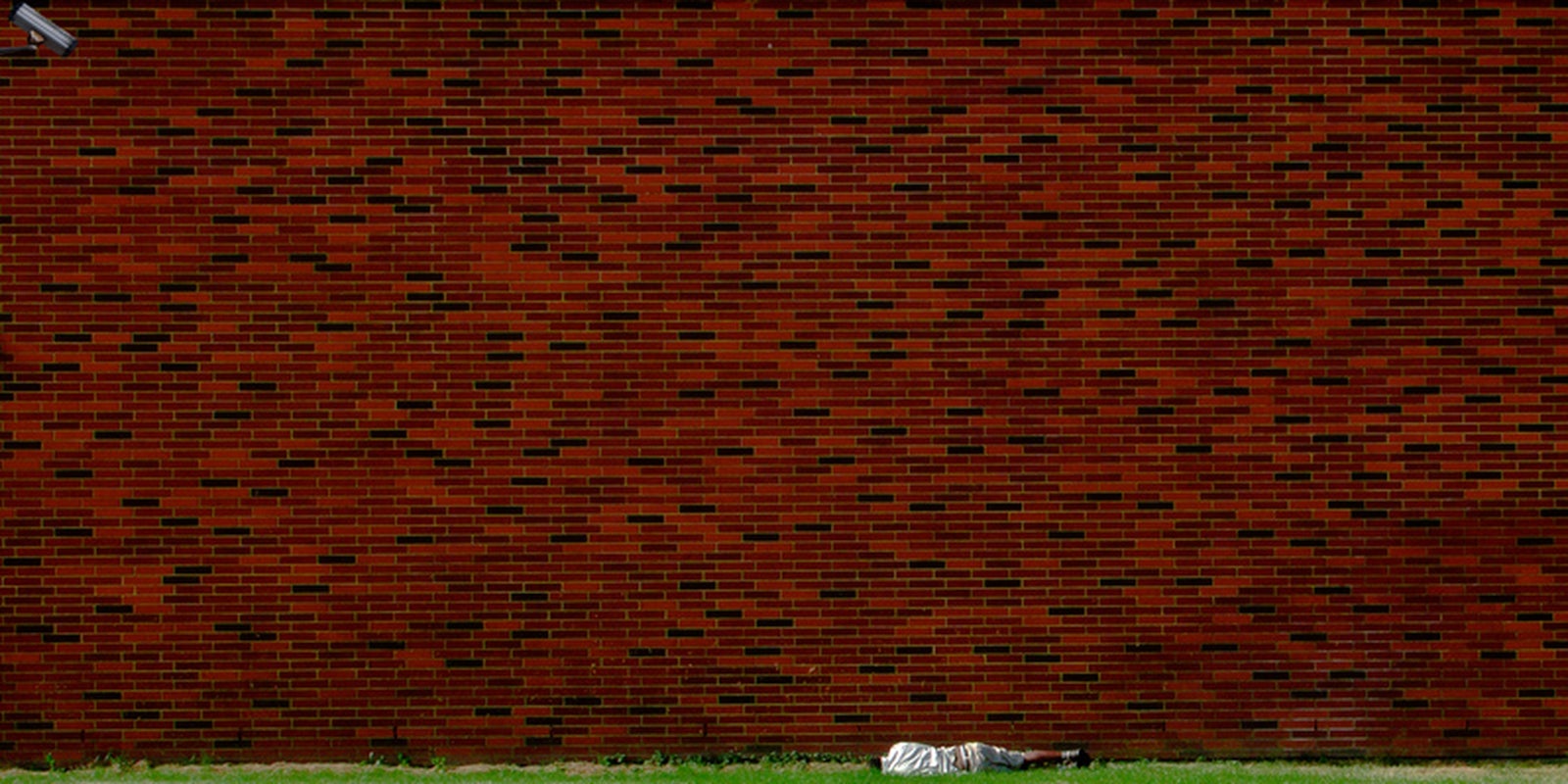America’s secret surveillance court claims the oft-cited statistic that it approves more than 99 percent of government surveillance requests is inaccurate.
Since the Foreign Intelligence Surveillance Court (FISC) was created in 1978, it has received more than 330,000 requests from the government to electronically surveil American citizens. During that time, it has denied only 11.
In a written response to an inquiry from Senate Judiciary Chairman Patrick Leahy, presiding judge Reggie Walton explained the 99 percent statistic fails to take into consideration the fact that many warrant applications are modified or rejected before they are ever officially submitted.
The 99 percent figure, Walton explained, “reflects only the number of final applications submitted to and acted on by the Court. These statistics do not reflect the fact that many applications are altered prior to final submission or even withheld from final submission entirely, often after an indication that a judge would not approve them.”
Walton told Leahy that the FISC has spent the last three months reviewing how many warrants received “substantive changes of the information” before final submission, and determined that about 24 percent are altered or denied prior to reaching that stage.
In the letter, Walton wrote that the when an initial request is made, it is reviewed by the court staff to ensure that it satisfies the court’s statute requirements. “We will often have one or more telephone conversations with the government to see additional information and/or raise concerns about the application,” the judge explained.
Walton did not say what exactly qualified as a substantive change, but he did tell Leahy that, “this does not include, for example, mere typographical corrections.”
We do know, however, that since the passage of the FISA Amendments Act in 2008, the court is no longer able to reject surveillance applications for failure to show probable cause.
In June, President Barack Obama offered a similar analysis of the 99 percent figure, telling Charlie Rose that “folks don’t go with a query unless they’ve got a pretty good suspicion.”
Photo by Todd Kopriva/Flickr


